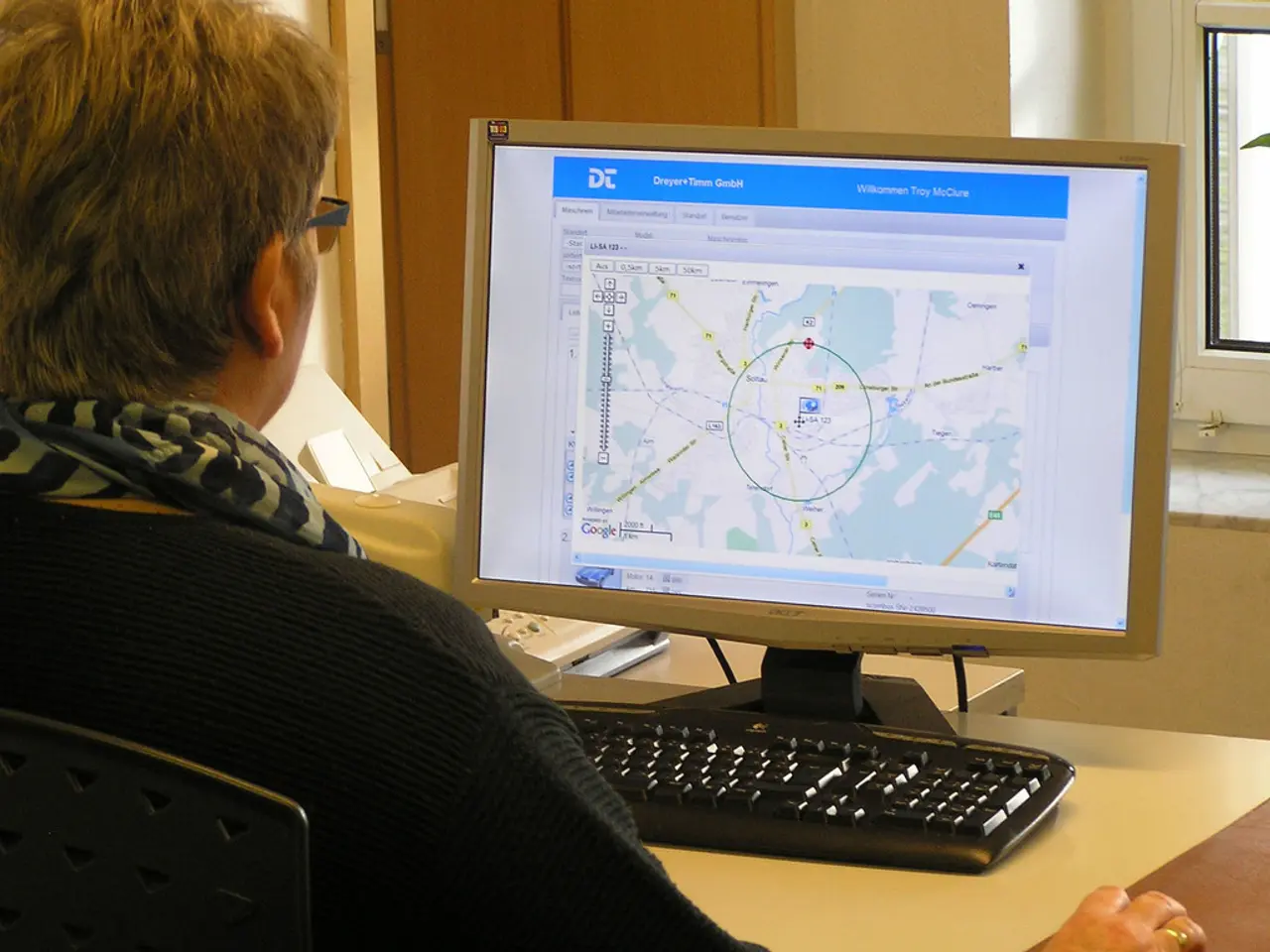"Windows 10 Still Operating on Numerous Personal Computers"
As the end of support for Windows 10 approaches on October 14, 2025, PC users in Germany are left with a few options to continue using their systems. Here are some viable alternatives to Windows 11, each with its own advantages and suitability for various needs.
Staying on Windows 10 with Extended Support
While Microsoft offers an additional year of Extended Security Updates (ESU) for a fee, this solution is temporary and costly, as official support will eventually end on the specified date.
Upgrading to Windows 11
Upgrading to Windows 11 is recommended if your PC hardware meets the strict requirements, such as TPM 2.0 and newer CPUs. However, many older systems do not qualify, leading users to consider alternatives.
Migrating to Linux-based Operating Systems
Linux distributions like Ubuntu, Mint, Zorin OS, and gaming-oriented options like SteamOS are major recommended alternatives, especially for older hardware unable to upgrade to Windows 11. These free, secure, and lightweight solutions can breathe new life into legacy PCs. Tools like Operese assist with automatic migration from Windows 10 to Linux by transferring files and settings easily.
Google ChromeOS Flex
Google ChromeOS Flex is a Linux-based OS designed for Windows and Mac devices, offering a user-friendly, browser-centric experience that may feel familiar for Windows users who primarily use Google Chrome.
These alternatives are recommended for several reasons:
- Linux provides strong security, customization, and performance on older hardware without the demanding system requirements of Windows 11.
- Linux gaming support has improved significantly, making it a viable choice even for gamers.
- Windows 11’s strict hardware requirements exclude many older PCs, making migration to Linux or ChromeOS Flex a practical choice instead of forced hardware upgrades or unsupported OS use.
- Migration tools simplify the transition, minimizing the learning curve and data loss risks.
In Germany, many users still run Windows 10 despite the approaching end of support, suggesting a preference for alternatives to Windows 11 or continued use of Windows 10 with caution.
The Federal Office for Information Security (BSI) recommends switching to macOS for Apple’s Macintosh computers or the free Linux system as alternatives to Windows 11. IT security expert Opel from ESET advises against using Extended Support as it delays the upgrade and can be irresponsible to operate a business with outdated systems.
In summary, the primary alternatives to Windows 11 for users with unsupported PCs in Germany are Linux distributions (Ubuntu, Mint, Zorin OS, SteamOS), Google ChromeOS Flex, and, less ideally, paid extended Windows 10 support. These options are recommended due to hardware compatibility, cost-effectiveness, security, and improved usability for older systems.
Economic and social policy discussions might include the cost implications of continuing Windows 10 support through Extended Security Updates, which is temporary, costly, and may not be the most practical choice for many PC users in Germany.
Cybersecurity and data-and-cloud-computing considerations could focus on the enhanced security features, customization options, and improved performance offered by Linux distributions like Ubuntu, Mint, Zorin OS, and SteamOS as alternatives to Windows 11, making them attractive choices for users with older hardware and a desire for increased security.




